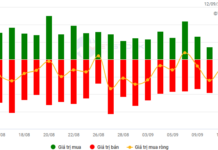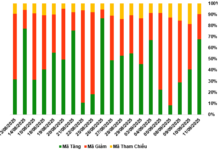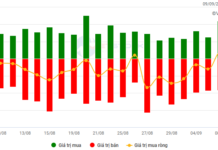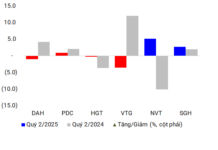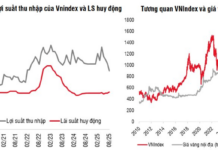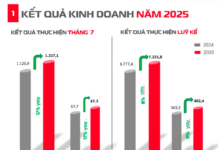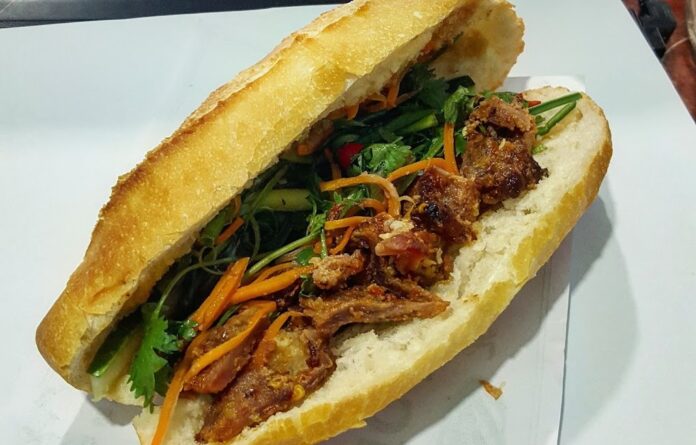Food Poisoning Incidents in Khanh Hoa Province: An Update
According to Dr. Le Van Khoa, Deputy Director of the Department of Health, from the beginning of 2024 until now, the province of Khanh Hoa has witnessed 5 food poisoning incidents, affecting 509 individuals, including 1 unexplained death.
These incidents primarily occurred in Nha Trang City and were associated with street food.
In response to these occurrences, the Food Hygiene and Safety Bureau conducted hazard surveillance by collecting food samples from catering establishments and street food vendors in the city, with a focus on bakeries in the central wards.
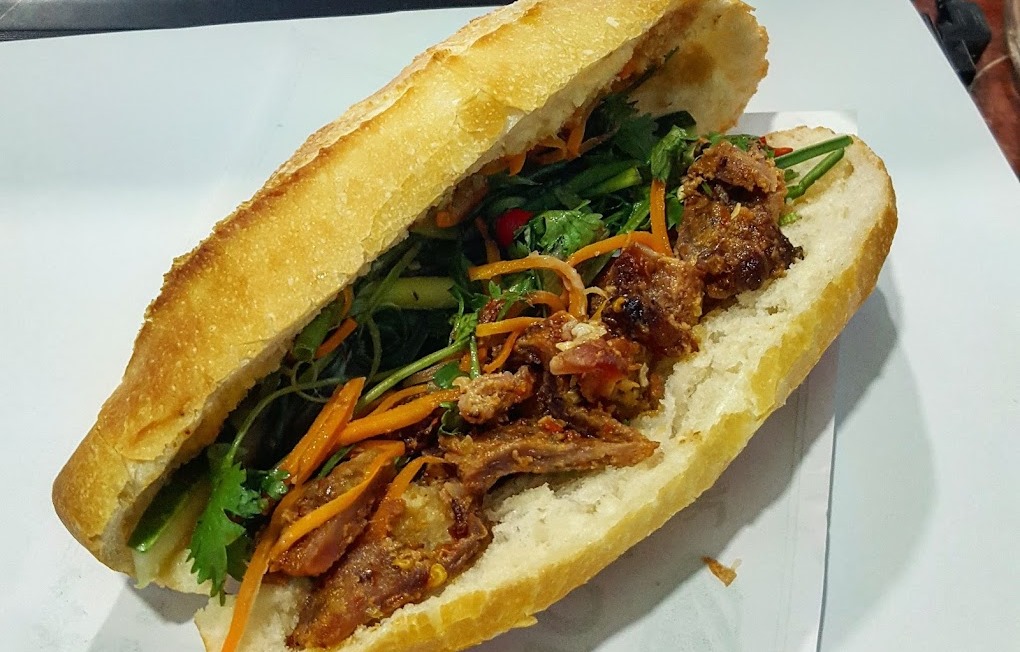
Some bakeries in Nha Trang preliminarily tested positive for “pesticide residues”, but the health impact is yet to be determined.
The reason for targeting bakeries is the recent food poisoning incidents involving bread in Quang Nam, Da Lat, and Dong Nai, among others. With the current hot weather, the risk of food poisoning from bread is extremely high.
The hazard surveillance team collected 206 food samples, of which 101 were tested in a laboratory, and 105 underwent rapid testing.
The laboratory results showed that out of the 101 samples, 94 met the standards, while 6 samples tested positive for Salmonella.
For the rapid tests, 59 out of 60 samples of pork roll, cinnamon sausage, and beef sausage were negative for borax; however, one beef sausage sample tested positive. All 24 samples of cold cuts, sausages, and salami were negative for Nitrates.
Rapid tests for pesticide residues in 21 samples of raw vegetables (lettuce, cucumber, onion, coriander, and herbs) detected positive results in 11 samples for organophosphorus and carbamate compounds (detection limit of 0.5 ppm).
It is important to note that these rapid test results for pesticide residues in vegetables are only qualitative and serve as a hazard alert. They do not provide conclusive scientific evidence of violations regarding safe limits of pesticide residues as stipulated by the Ministry of Agriculture and Rural Development.
Only laboratory test results can provide a legal basis to determine whether the vegetable samples meet the safety standards for consumption.

